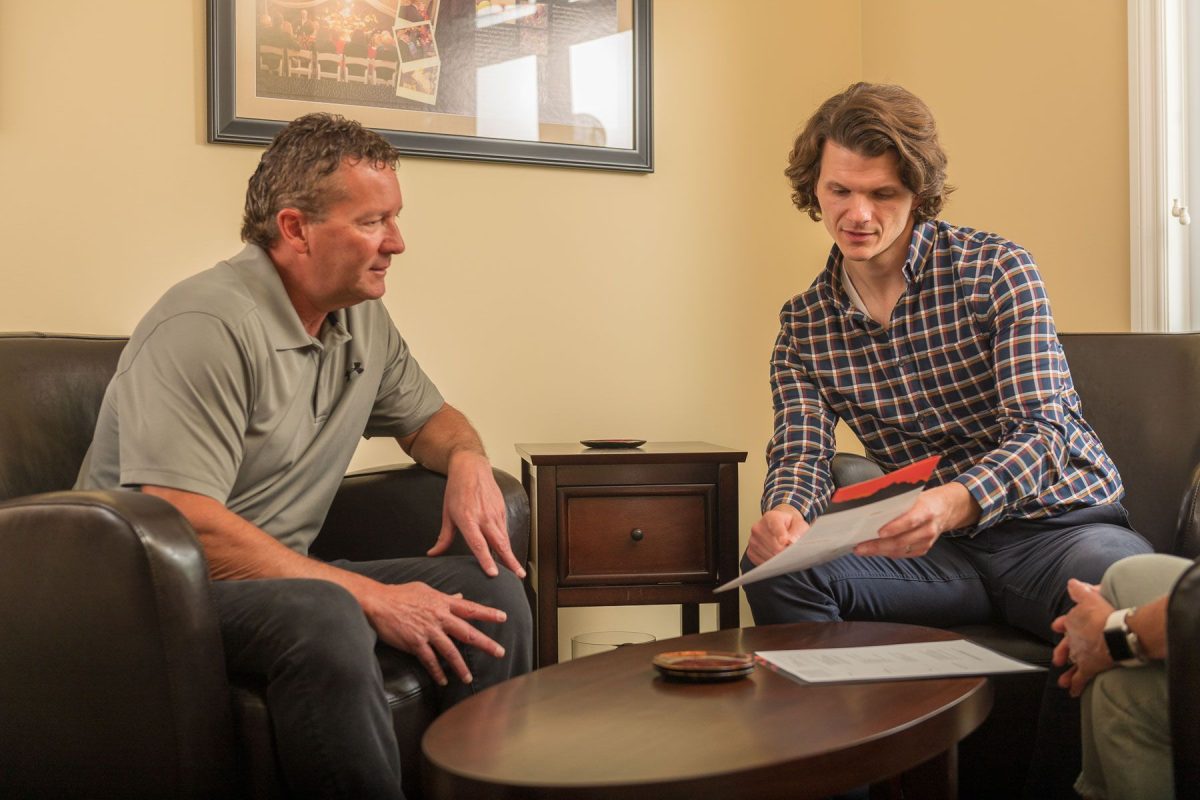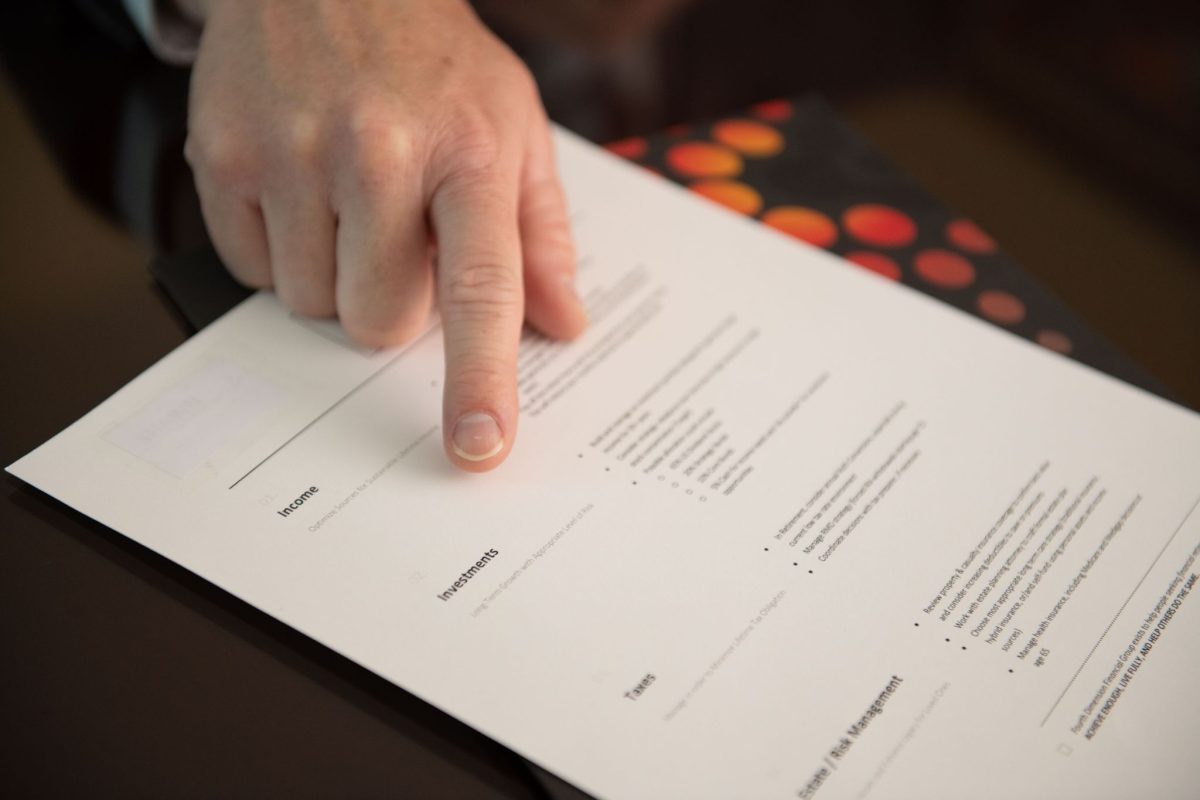If you’re a regular reader of the Weekly, you may recall that I discussed here that the five-year anniversary of the Weekly is nearing. Well, it’s almost here. And while I’ll use the March 13th Weekly to discuss what that means, I thought we’d do a countdown to that issue, in a series called the “Countdown Series’. Pretty smart, huh? In this series, I’d like to address questions that I think are fundamental to the work of planning a successful retirement. With that, here we go…
What happens if you stop working for money next year?
As people look ahead to retirement, it seems that they’re running a series of calculations in their head in order to get the timing right. There are certainly a number of financial variables in this calculation, but also some non-financial considerations as well. These non-financial concerns may include whether they’re really ready to lose the structure that a workplace environment and a work schedule provide, and even relationship concerns about how to live each day shoulder-to-shoulder with a spouse. Naturally, these are not insignificant factors in determining when it’s best to retire. But what about the financial considerations?
First, let’s be honest with ourselves. When we think about financial preparedness, we all want a little more in order to feel ready. Whether you have $100,000 saved or $2,000,000, how many times have you thought to yourself, “Boy another $10,000 sure would make me feel better.” To put it another way, nobody ever feels fully prepared to see the paychecks stop. New money hitting the checking account just feels so good to us; it provides a dopamine jolt in our brains that makes it tough to see those deposits stop. With that in mind, let’s try this instead.
What if you’re forced to quit working next year?
What if you have a health issue that prevents you from working for money? Or what if you have a loved one who has a health issue and needs your care and support? Maybe your company is starting layoffs and you’re on the list? Whatever the circumstance, you’re done making money next year. What will you do?
If you’re like most people, you immediately think of the expenses you could cut. You look around your home and think about the things that you could do without and not suffer. You go into a sort of forced austerity. You gather credit cards statements, looks at checkbook registers, and consider memberships and cable bills. How lean and mean can we get?
And do you know what happens when you do this? You find out that you can live on a lot less than you thought. What was once considered a ‘need’ suddenly looks like a ‘want’. Stress levels begin to go down, contentedness and thankfulness rise, the burden feels a little less heavy.
When looking ahead to a retirement that may be years in the future, it’s easy to become overwhelmed. There’s just too much unknown to allow you to feel at peace with the process. But when you think in terms of next year or even now, it turns out that you’re a lot closer than you may have thought. Resourcefulness begets solutions.
I’m not suggesting that you need to shift into an austerity lifestyle to be able to retire. Not at all. What I am asking you to consider is how far you truly are away from being in trouble financially. And from this, you can choose to lessen the fear and the perceived burden of living a life after the paychecks end. From there, beginning with that renewed feeling of peace and strength, you can begin to add back some ‘wants’ until you’re living the life you aspire to live and not the one you’re forced to live. That’s when the magic happens.
So, what happens if you stop working for money next year? You’ll probably be okay; you’ll figure it out. If you’re lucky enough, however, to get to keep working for money, then you’ll be doing it by choice for your reasons. This may prompt you to give more, to live more, and to love more. I like the sound of that, and I hope you do too.
All the best,

Adam Cufr, RICP®
Recent Articles

Show Your Work: Why Transparency Matters in Retirement Planning

Unlocking the Mystery of Income Taxes

Social Security Strategy: Do You Have One?

Pension Decision: Just One Critical Piece of Information Is Needed to Decide



